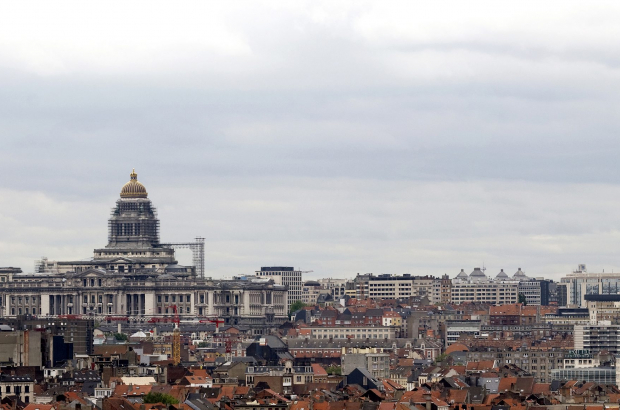- Daily & Weekly newsletters
- Buy & download The Bulletin
- Comment on our articles
New figures confirm Brussels' population boom
Brussels' population boom is showing no sign of stopping, with new figures pointing to a 10% increase in the past 10 years.
The latest official data from the national population register shows the Brussels-Capital region today has 1,211,735 inhabitants.
The increase - 126,930 since 2008 - is roughly the equivalent of the entire population of Schaerbeek.
Who lives where
The City of Brussels, the region's biggest municipality, now has 182,000 inhabitants - compared with 157,000 a decade ago. Second-placed Schaerbeek grew from 121,000 to 133,000 residents over the same 10-year period.
In third place comes Anderlecht with 119,000 people, up from 107,000. At the bottom of the table, the population of Brussels' smallest commune, Saint-Josse, has stagnated at 27,000.
There are two major factors behind the population growth. The first is a higher birth rate in Brussels than the rest of Belgium - 18,000 births per year against 9,000 deaths.
"This high birth rate can be explained by a younger age structure, and in particular by a higher proportion of women in the age bracket of high fertility," explains IBSA, the Brussels Institute for Statistics and Analysis.
The second factor is migration. In a typical year, the Brussels region records between 46,000 and 55,000 new arrivals from abroad - compared with between 26,000 and 38,000 departures overseas.
New population - new challenges
"It's a phenomenon that we see all over the world," said Brussels region minister-president Rudi Vervoort. "People are moving more towards urban living. By 2050 the majority of the world's population will live in a city."
He added: "This brings new needs - especially in terms of infrastructure, nurseries, schools, housing, environment and transport." Vervoort said the Brussels region needed 19,000 extra secondary school places by 2025 to cope with growing demand.
Could Brussels one day expand beyond its current borders? "The demographic boom also affects the Flemish periphery of Brussels," Vervoort said. "There is not enough space in Brussels and in an ideal world, the city should grow."
However, he added: "But in Belgium, we are not quite in an ideal world."
Photo: Kristof Van Accom/Belga



















